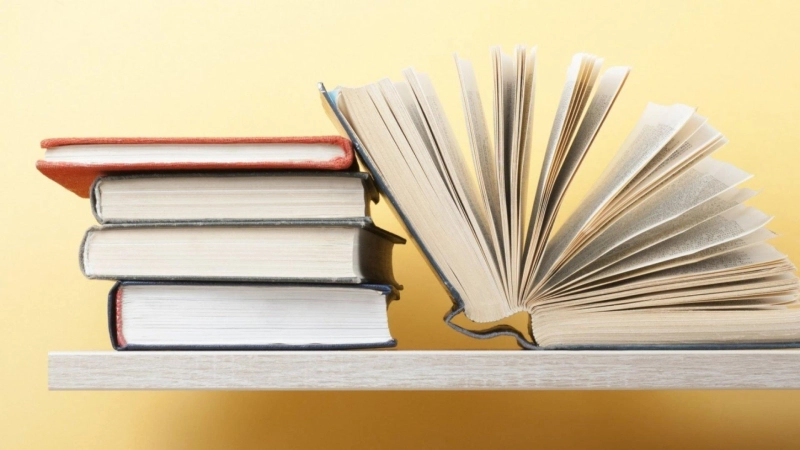Everyone develops certain habits throughout his life. Some of them are useful and help a person to deal with difficulties, making his life easier. Others are harmful, for example, appear spontaneously in his life and harm his health.
During his studies, the student also develops his own specific habits. In this article we will tell you about the most useful of them.
1. Appearance
From the very beginning of school, you can note the student's attitude to the chosen profession, subjects, etc. Persistent tantrums, who rarely get good grades while in school, won't last long and will soon start skipping classes.
Attending all the classes is a very useful habit of a student. It helps to stick to the daily routine, prioritize (study first, and then - worry about the rest), cultivate discipline and self-organization. Also, full attendance is often observed by teachers. Joining a good MPPSC coaching in Indore and attend all the lectures of MPPSC coaching will lead your preparation because the teacher student interaction in class is long lasting memory.
2. Individual work of students
Individual work of a student includes preparing homework, studying some questions for seminars, conferences, etc. Some activities (note taking, problem solving etc.) sometimes do not seem useful to a specialist in the future while performing his duties. It is not so. A highly qualified professional should have sufficient knowledge and skills to provide quality services.
Job performance fosters in-depth knowledge, improvement of already acquired skills, and the acquisition of new skills, which makes a university graduate more competent and attractive to employers. Such a student does not need to buy assignments, as he tries to tackle all the challenges of studies on his own.
3. Outside Coaching Activities
A student, because of his interests, cannot engage in an activity. During the student years, people are full of ambition, energy, desires, which they strive to fulfil. It is important to find and focus on your own interests, hobbies. This approach allows not only to deviate from the daily routine, to have fun, but to find new friends, co-thinkers, etc. With your civil service preparation also make a routine for your hobby or some activity like sports (basketball, volleyball, soccer, etc.), creative (vocals, playing musical instruments, and so on). Don't sit at home and don't get bogged down in your studies, otherwise you might get "professionally burnt out". Develop your body and soul (in a good way!)
4. Relax
In order not to be in classes in a half-asleep mode, it is important to stick to the regime of the day. Experts advise students to go to bed after 00:00. Sleeping less than 7 hours a night negatively affects the work of the central nervous system: new material cannot be easily absorbed, and old material is difficult to remember. The body does not have enough energy to study, it needs rest.
Try to do all the things and plans on time, do not forget about good nutrition and sleep.
5. Reading Books
Today's students avoid regular books and try to spend less time in reading. In fact, development is impossible without reading books. It is important not only to study what teachers try to explain during lectures and seminars, but also to independently choose (artistic or scientific pieces) to improve professionalism and personality.
In addition, it will also be helpful to take notes on what you have read. Scientists have proved that taking notes is the most reliable way to remember and learn information. Activates visual memory while taking notes, the student filters the information himself and writes down only the important points. This approach will make the graduate more scholarly, broaden his horizons, facilitate problem solving, etc.
Try to develop and use these useful habits not only at school or work, but also in everyday life. Such an approach will make life easier, more comfortable, and enjoyable.


